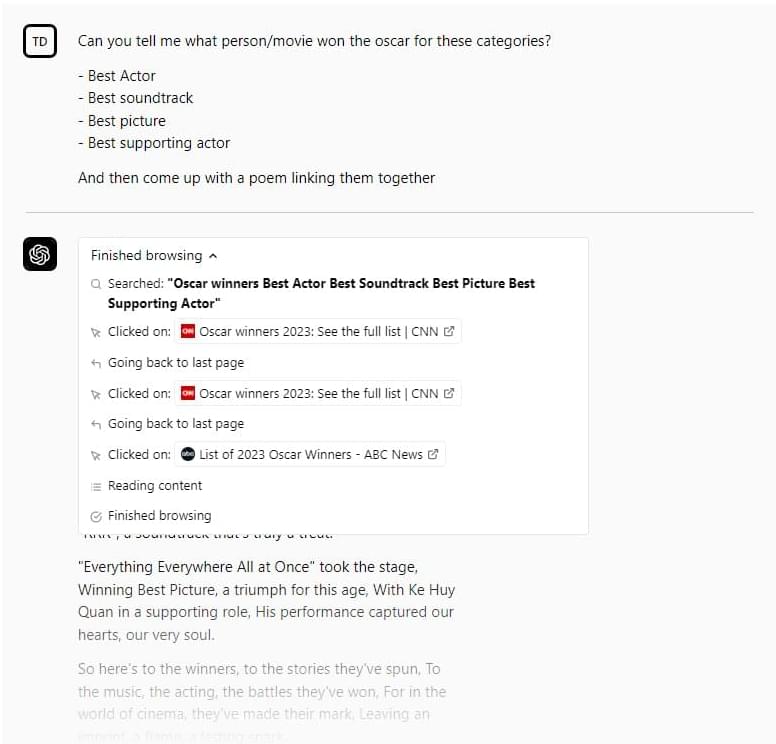Researchers have discovered a way to “translate” quantum information between different kinds of quantum technologies, with significant implications for quantum computing, communication, and networking.
The research was published in the journal Nature on Wednesday. It represents a new way to convert quantum information from the format used by quantum computers to the format needed for quantum communication.
Photons—particles of light—are essential for quantum information technologies, but different technologies use them at different frequencies. For example, some of the most common quantum computing technology is based on superconducting qubits, such as those used by tech giants Google and IBM; these qubits store quantum information in photons that move at microwave frequencies.








